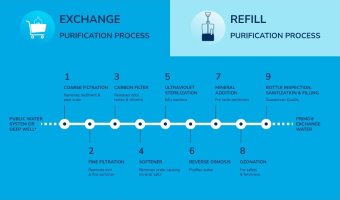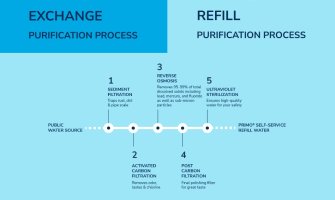Has anyone gotten a breakdown on Primo brand water? This is the water I usually use. Just curious as to the amounts of minerals in the water. They list the minerals added but not the amounts as that is the "secret" recipe. I was just playing with the Brewzor Pro Beta and it has a place to add water profiles. Thanks
http://www.primowater.com/Water/Water-Factoids.aspx
http://www.primowater.com/Water/Water-Factoids.aspx





